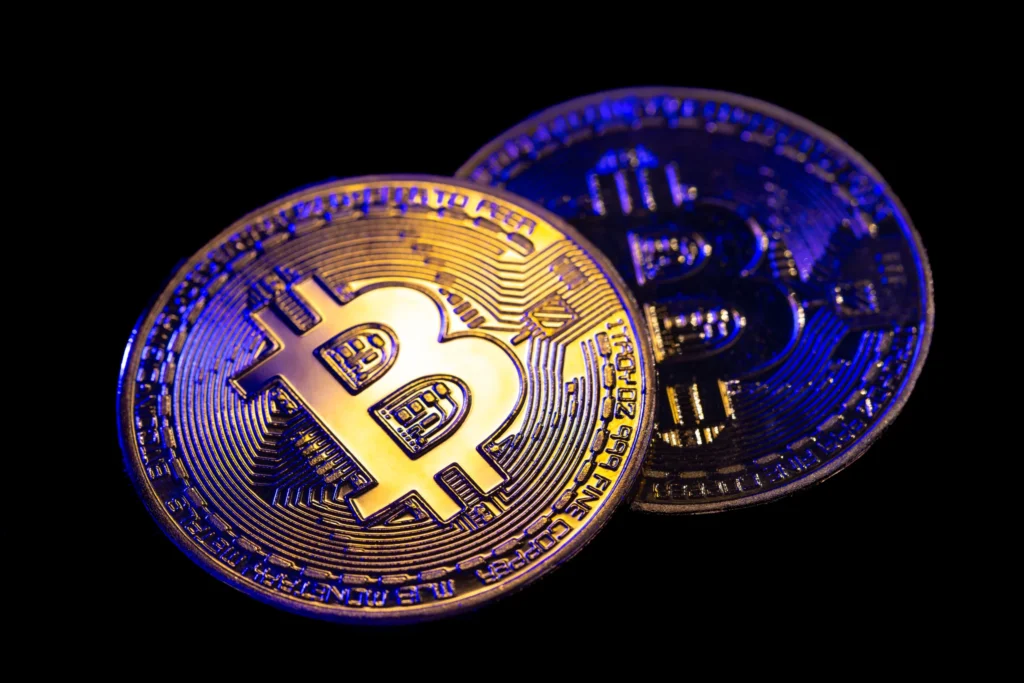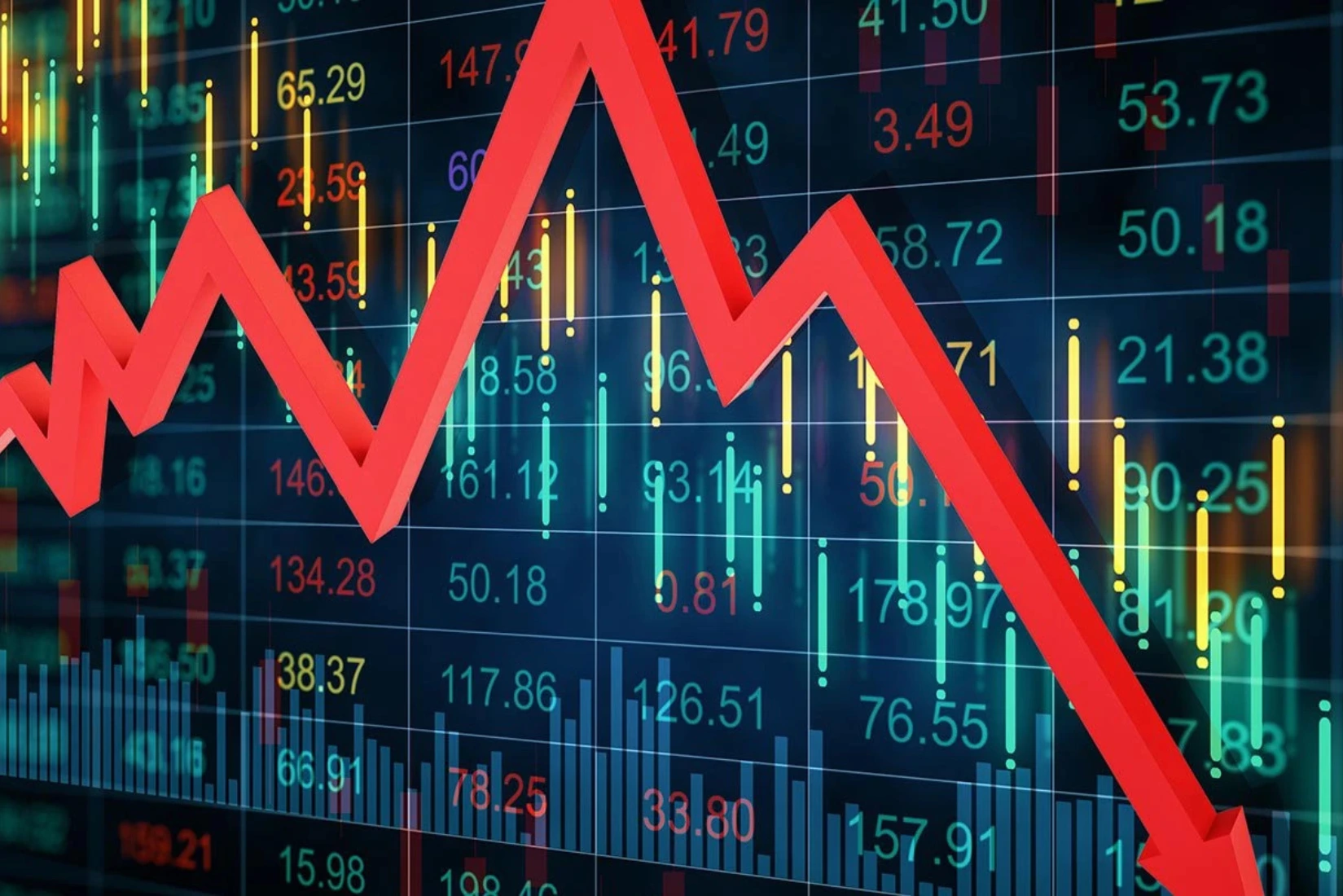Forex Trading in Malaysia: Legal Classification and Regulatory Framework
1. Legal Status of Forex Trading in Malaysia
Forex trading is legality in Malaysia under specific conditions. The core requirement is that all trading activity must be conducted through licensed entities regulated by Bank Negara Malaysia (BNM) and/or the Securities Commission Malaysia (SC). Trading via unauthorized or offshore platforms falls outside the legal framework and may be deemed non-compliant.
2. Forex Legality Malaysia : Regulatory Authorities and Their Roles
- Bank Negara Malaysia (BNM): Oversees monetary and financial system stability, including forex-related banking activities and payment systems.
- Securities Commission Malaysia (SC): Regulates capital market activities including investment products, derivatives, and in some cases, forex offered through investment platforms.
The intersection of BNM and SC jurisdiction depends on the nature of the platform and product structure.


3. Forex Legality Malaysia : Authorized Channels for Legal Forex Trading
Legal forex transactions in Malaysia can only be executed through:
- Licensed local banks
- Investment banks or fund managers registered with BNM and/or SC
- Approved platforms with formal partnerships with regulated institutions
These channels are required to comply with anti-money laundering (AML), know-your-customer (KYC), and financial reporting standards set by local authorities.
4. Forex Legality Malaysia : Prohibited or High-Risk Activities
Engaging with unlicensed offshore forex brokers is technically prohibited. Such platforms:
- Operate outside the BNM/SC licensing regime
- Are not subject to Malaysian investor protection laws
- Cannot be held accountable by local regulators in the event of disputes
Enforcement of this restriction is not absolute, but it exposes traders to regulatory uncertainty and legal vulnerability.


5. Enforcement and Regulatory Risk
While enforcement against individual retail traders is not aggressively pursued, risk exposure remains high. BNM and SC frequently:
- Issue public warnings and blacklists of unauthorized entities
- Shut down illegal investment schemes
- Freeze assets associated with fraudulent forex operations
Legal recourse is unavailable for funds lost through unauthorized brokers.
6. Practical Compliance Measures for Traders
To remain within the legal boundary, traders should:
- Verify licenses: Ensure the broker is listed under BNM’s and/or SC’s official directories.
- Avoid unrealistic promises: Be cautious of platforms offering high leverage, fixed returns, or “risk-free” guarantees.
- Review public alerts: Consult BNM’s Financial Consumer Alert list and SC’s Investor Alert List before engaging with any entity.
Using a fully compliant platform reduces operational and financial risk.
7. Forex vs. Crypto Trading Regulation
Some forex platforms offer crypto assets as part of their product suite. It is essential to note:
- Crypto trading is regulated separately under the Securities Commission Malaysia via the Digital Asset Exchange (DAX) framework.
- Crypto does not fall under BNM’s purview and is treated as a digital asset, not a currency.
Traders should confirm that any dual-service platform holds the appropriate licenses for both asset classes.


8. Case Example: Offshore Broker Usage
Scenario: A Malaysian trader signs up with an unregulated offshore broker for higher leverage and lower spreads.
Implications:
- No local legal protection if the broker defaults
- No compensation schemes or regulatory intervention
- Potential breach of Malaysian financial laws if funds are misused
The short-term advantage is overshadowed by legal and security vulnerabilities.
9. Summary: Legal Positioning and Best Practices
| Parameter | Legal If… | Illegal If… |
|---|---|---|
| Platform is licensed | Registered with BNM/SC | Not listed or operates offshore |
| Asset class is forex | Traded via regulated forex intermediaries | Traded on high-risk, unauthorized websites |
| Asset class is crypto | Conducted on SC-approved DAX platforms | Offered without proper digital asset license |
| Trader due diligence | KYC-compliant, AML-compliant | Skips verification or chases unrealistic gains |
10. Conclusion
Forex trading is legally permissible in Malaysia, provided it is conducted through authorized channels and within the regulatory framework set by BNM and SC. Engaging with unlicensed platforms or neglecting compliance processes introduces high legal and financial risk.
Traders are advised to adopt a compliance-first mindset, conduct thorough broker assessments, and stay updated on evolving regulatory guidelines. In Malaysia’s tightly monitored financial environment, regulatory clarity is not just helpful—it’s essential.
Relevant Link : Forex Legality in Malaysia: What If You Get It Wrong?



